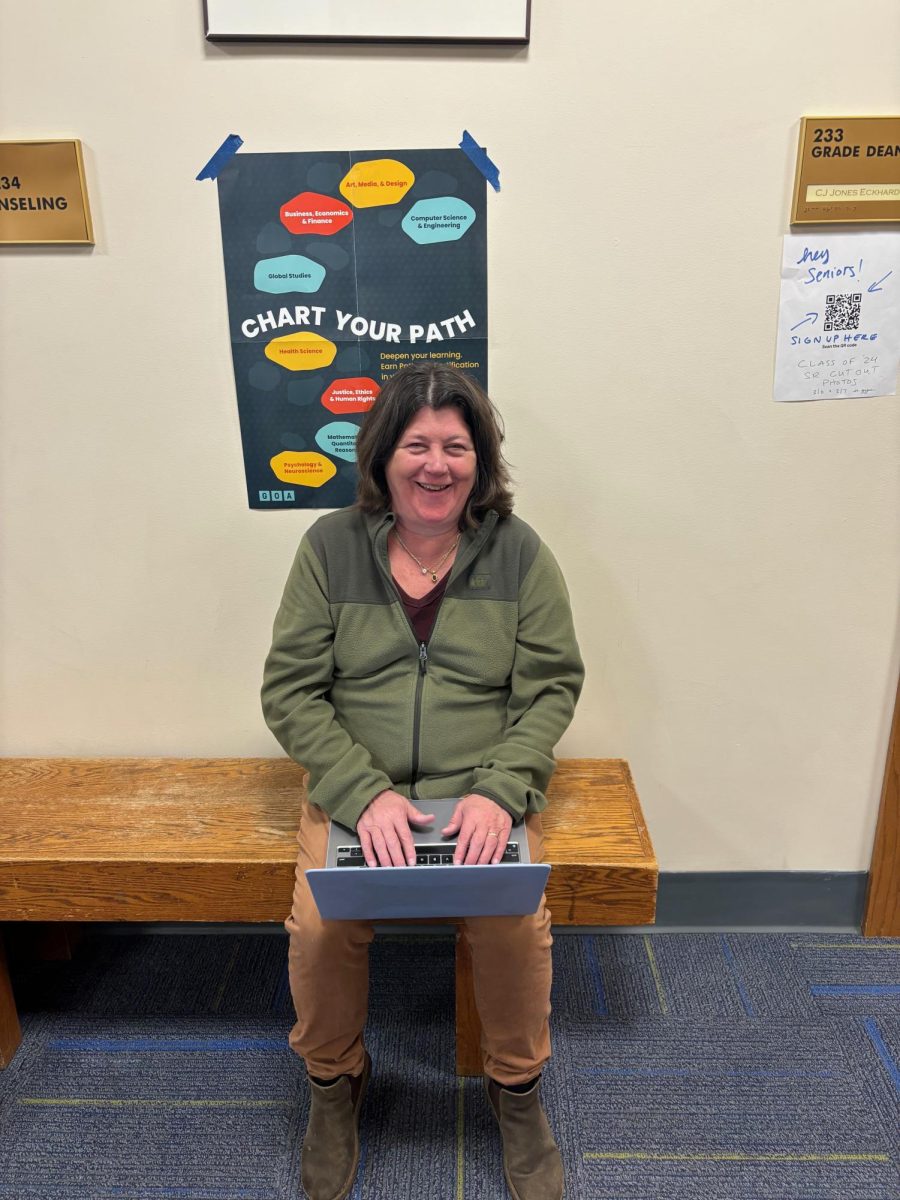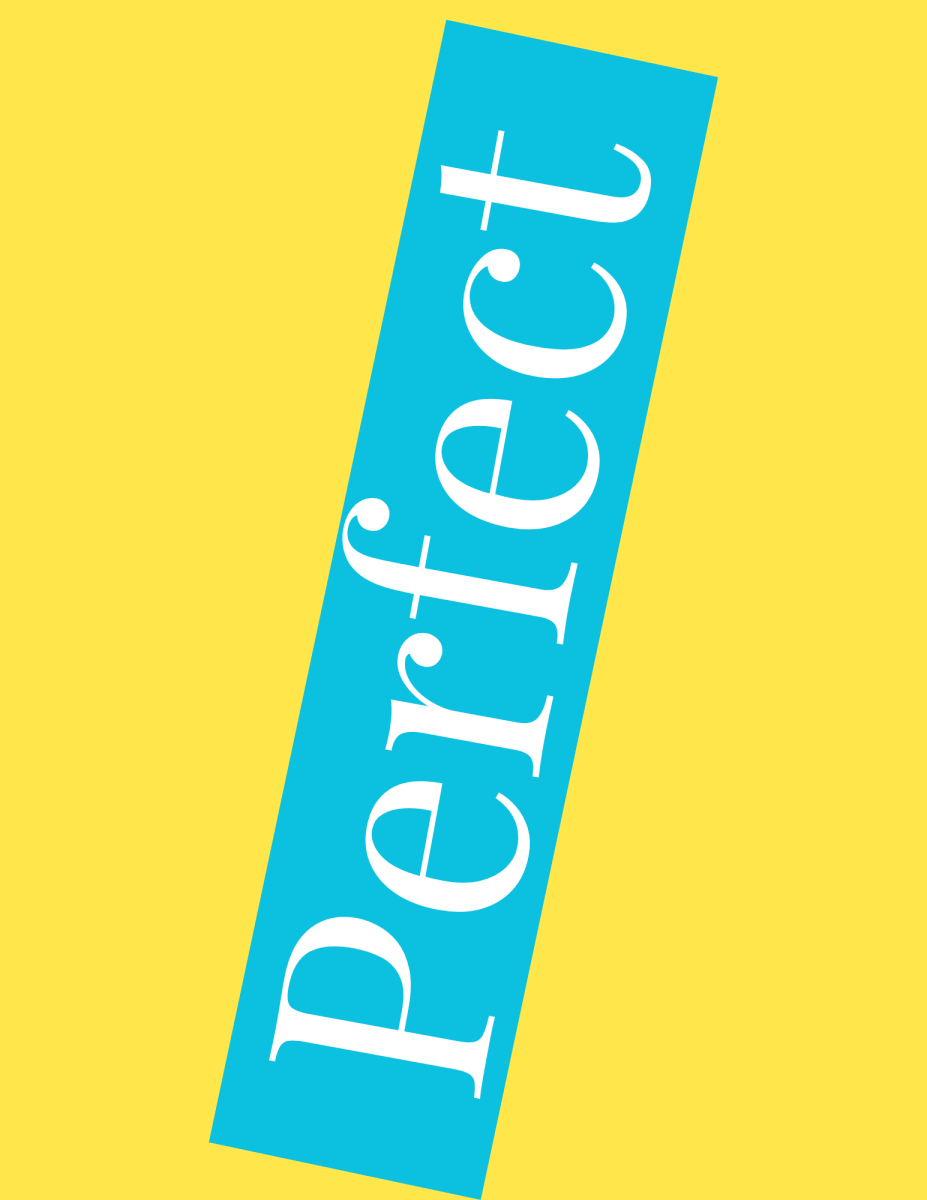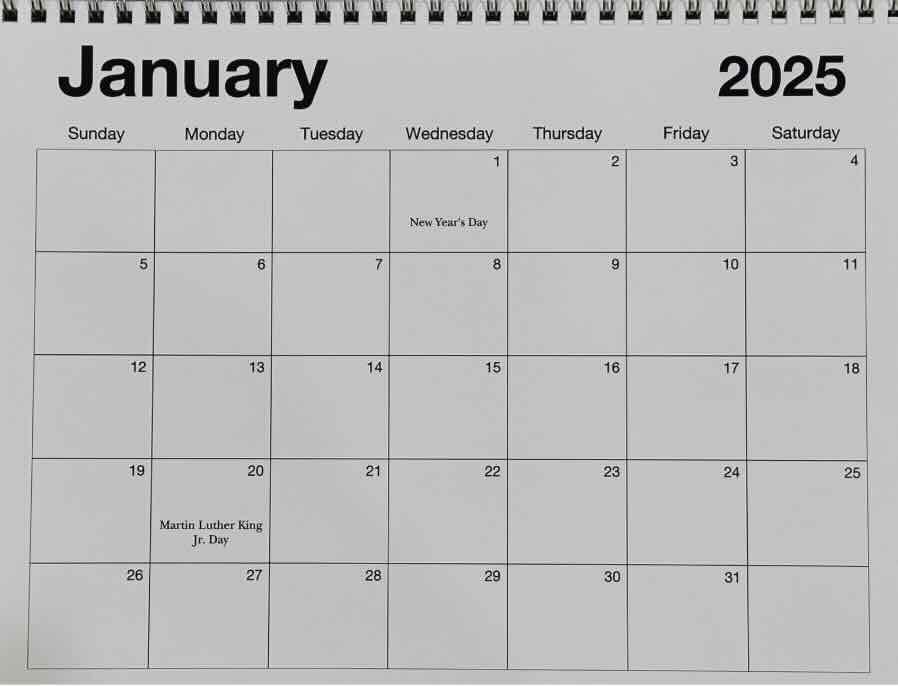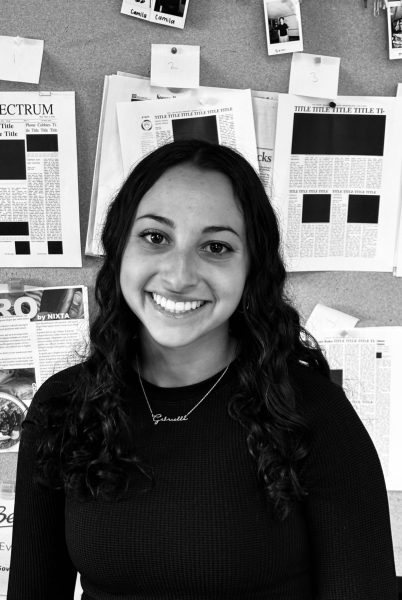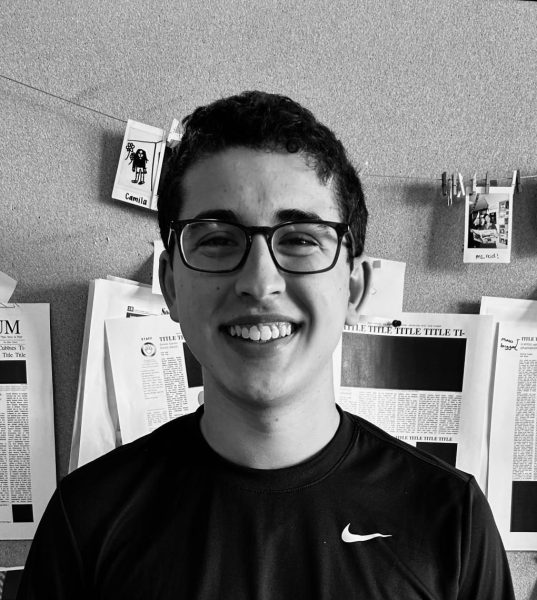“We start [with] all of you putting in your requests, and then based on your requests, we then put you into courses,” said Karen Phillips. With course registration for the 2024-25 school year closing in the near future, it is important to see the face behind each students’ class placement. Phillips, Upper School science teacher, has been the Upper School course registrar for more than 15 years.
Beginning with what she calls “singletons,” the courses that are graduation requirements and necessary to take to go to the correct level of electives, Phillips uses color-coded cards to visually plan out the blocks and avoid conflicts between students. Her second layer of courses called “double-tons,” the popular courses students take but don’t need to graduate with, are introduced as new variables in the scheduling process. The junior and senior elective courses are placed into the schedule next, followed by the classes offered mostly every block such as Chemistry or Biology. Phillips always attempts to move courses around to make the most amount of students as possible happy as Phillips explains, “I really want to make it (schedules) work for everybody, and the reality is that not everything is going to work. So you have to be okay with that.”
As registration for students is due in early March, Phillips often finishes building the schedule in late May or early June and finishes the publishing by late July. Then, she meets with each grade dean to talk about all of their students. One of the most important aspects of scheduling is “trying to keep class sizes as small as possible,” described Phillips. Once the classes are published, Phillips becomes constrained in what switches she can make for students to keep the class sizes even and not too large.
Jen Vance, ninth grade Dean and science teacher, works with the incoming Freshman, Sophomores, and new students in the class scheduling process. She mainly tackles document sheets with student requests, when students would like to switch classes, and making sure that nothing is missing. She also participates in meeting with students one-on-one so that they can go through their schedules and hopes for future classes with her. “I really ask students, in particular from ninth to tenth, to think about how you have managed things right now, and where to challenge yourself while being able to do well across the board,” Vance said.
When selecting what courses to take for the next year, Phillips recommended that “students should really focus on what they’re interested in, what their passion is. I think there are times in which a student is so focused on having to take particular courses, that they miss out on some really cool experiences.” Rather than solely focusing on taking the most advanced classes possible, or only signing up for courses that will assist students in a future job, it is important to engage both sides of the brain and try new courses outside of one’s greatest interests. While Vance doesn’t know all of the new courses being offered because she mainly works with students who don’t get to participate in them, she said that students should look into the new mixed voice choir, Cantare. If she had been a student attending Blake, Vance “would love to be able to take Marine Biology.” Unless there is a significant reason not to do it, Phillips recommends adding fun electives to the schedule to “take the classes while you’re here.”
While each of the departments strives to add more electives, there are only so many kids with various interests, turning many of the courses into being an every-other-year class. A benefit of this every-other schedule allows for more electives to be provided within one’s junior and senior year combined. Phillips explained that it’s extremely unusual and cool that Blake allows teachers to lead a class that they are super passionate about, creating a more enthusiastic environment and class.
Phillips’ favorite part of the role is seeing students approaching her to advocate for themselves, figuring out what they are running up against, and then trying to resolve the problem the students have with their schedule. An abundance of work is placed into creating schedules for Upper School students, and Phillips offered to lead the task, explaining, “I sure as heck wouldn’t be doing it unless I really enjoyed it.”


